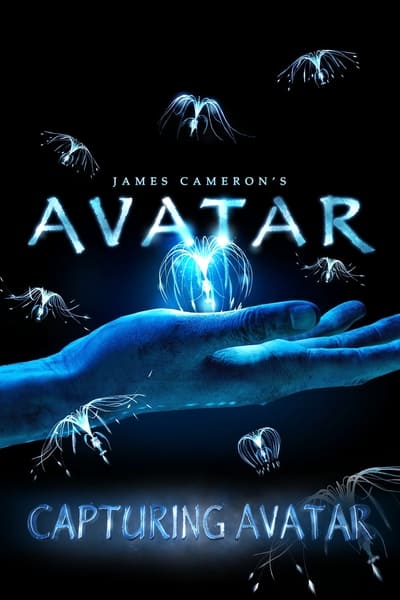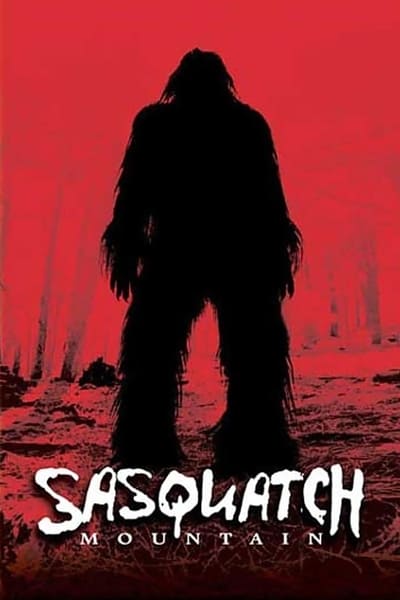
Alien Underworld
A young Queensland geologist, Dr Unwins, has quite possibly made one of the most significant biological discoveries of the last 100 years. Ten times smaller than any known living creature, her so called nanobes could hold the key to the origin of life on earth. These tiny creatures appear to eat plastic, may have come from outer space and have been linked with cancer. In 1998, mysterious 'organisms' were found in petroleum drilling samples. These tiny entities survived for millions of years in solid rock, two kilometers deeper into the Earth's crust than any recorded life. When exposed to oxygen and nutrients, they grow, reproduce, organise to form colonies and contain the master molecules of life - DNA.

Storyline
A young Queensland geologist, Dr Unwins, has quite possibly made one of the most significant biological discoveries of the last 100 years. Ten times smaller than any known living creature, her so called nanobes could hold the key to the origin of life on earth. These tiny creatures appear to eat plastic, may have come from outer space and have been linked with cancer. In 1998, mysterious 'organisms' were found in petroleum drilling samples. These tiny entities survived for millions of years in solid rock, two kilometers deeper into the Earth's crust than any recorded life. When exposed to oxygen and nutrients, they grow, reproduce, organise to form colonies and contain the master molecules of life - DNA.

















